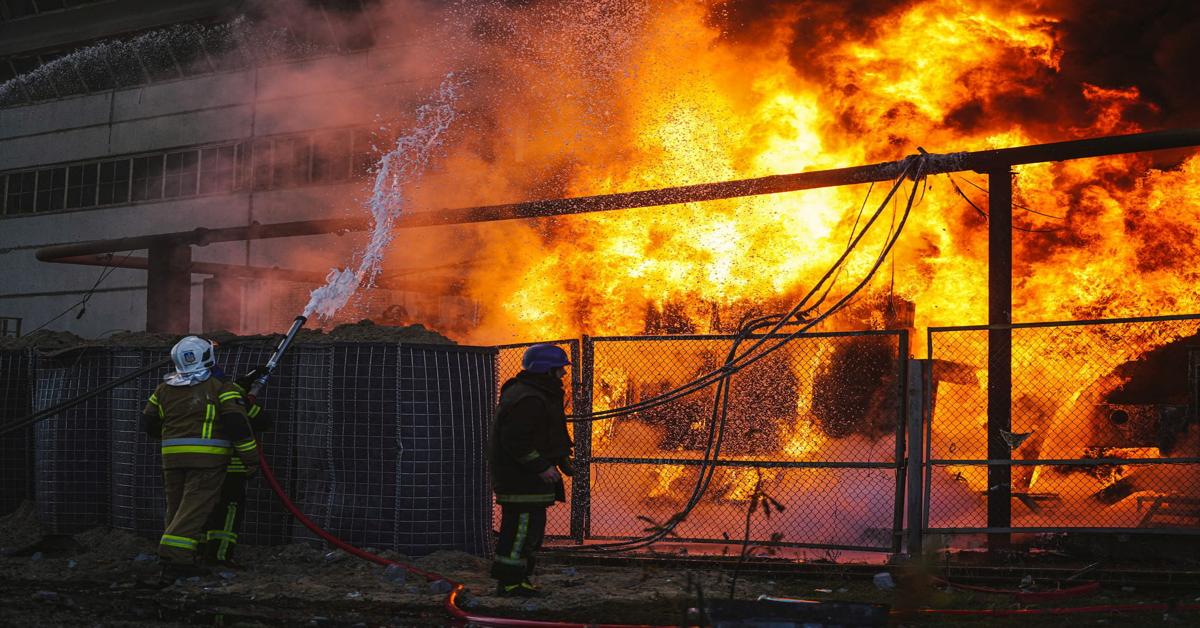
Ukraine's Energy Minister reports most extensive damage to country's energy sector since war's start, with both thermal and hydroelectric plants suffering significant Russian attacks
Russia has inflicted critical damage on Ukraine's energy infrastructure, destroying 80% of its thermal power plants and significantly impacting hydroelectric facilities during the past few weeks.
This onslaught is part of Russia's intensified military campaign against Ukrainian energy capabilities.
Ukrainian Energy Minister German Galushchenko told journalists in Kyiv: "Up to 80% of thermal generation was attacked. More than half of hydro generation and a large number of substations."
He detailed the attacks' scope, saying, "This is the largest attack on Ukraine's energy sector" since the onset of the war, as reported by the Guardian.
He also revealed the extensive damage not just to thermal power plants but also to more than half of Ukraine's hydroelectric capacity.
Prime Minister Denys Shmyhal, in an interview cited by Financial Times, confirmed the devastating impact of these strikes.
"Unfortunately, Russia has destroyed 80% of thermal power plants in recent weeks," he said, adding that the offensive has also led to the loss of over 6 gigawatts of the power grid capacity.
Russian forces have utilized a range of sophisticated weaponry in these attacks, including Iranian-style explosive drones and missiles, aiming to maximize damage and disrupt the energy supply.
According to the Kyiv Independent, the strikes have resulted in widespread blackouts across various regions, notably in Dnipropetrovsk, Odesa, and Donetsk, as emergency and stabilization measures were implemented.
The scale and frequency of these attacks have posed a significant challenge to Ukraine's air defense systems despite their active engagement and interception efforts.
In response to this critical situation, Ukraine is seeking international support to restore the damaged infrastructure.
The country is also working toward establishing a decentralized energy supply system to mitigate the impact on its civilian population.
Source: Newsroom